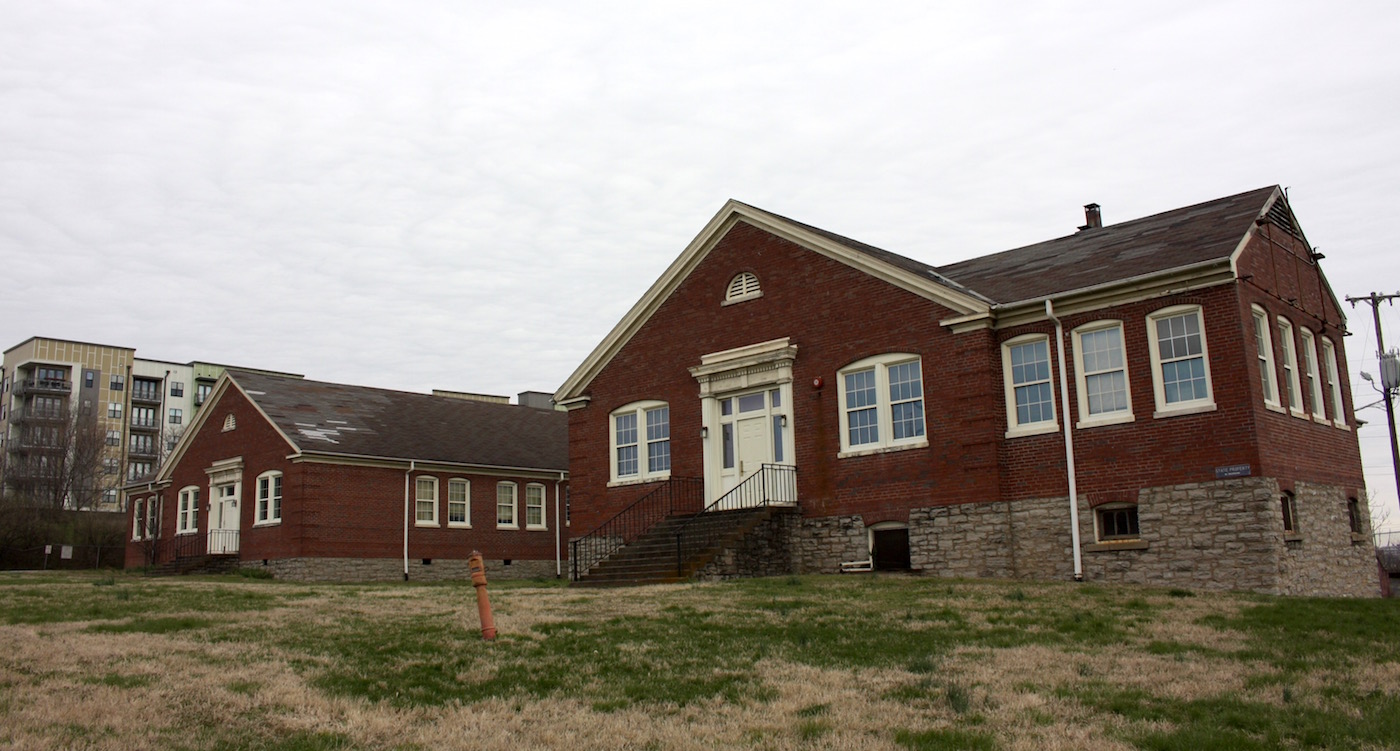
A rare, segregation-era school building near downtown Nashville will likely be demolished to make way for a new home to an arts-centric high school.
From the 1940s to 1965, African-American students attended the former Tennessee School for the Blind at 88 Hermitage Ave., on what’s known as Rolling Mill Hill, just south of downtown.
Recently flanked by new development, the state plans to sell the vacant building to Metro, which has a few months to close the $11 million deal.
In the fall,
concerns surfaced among preservations about the threat of demolition. And while the sale hasn’t been completed, officials told WPLN this week that the plan remains largely the same.
“If that [sale] is provided, the building would have to come down to accommodate a future home for the Nashville School of the Arts,” the district said in an email.
The old building isn’t part of the plan for the art school campus. And because of its location deep into the parcel — a couple hundred feet back from Hermitage Avenue — officials say keeping it would severely limit the possibilities for developing a new campus, or lead to the old building being largely obscured by new structures.
Councilman Freddie O’Connell, who represents the area, initially balked at the idea of demolition. He said he would prefer adaptive reuse.
But O’Connell said recent meetings and a visit to the building have led him to prefer that the School of the Arts be allowed to build anew, rather than the entire deal being quashed.
“I see this as a better outcome than the state selling it to a private property owner,” O’Connell said.

The district didn’t share specific plans. But O’Connell said his understanding is that some materials would be incorporated into whatever gets built.
“They would dismantle the brick but repurpose it into the façade of the new facility,” he said, as an example.
The Tennessee Historical Commission has recommended against demolition, citing the 1940s building as one of the nation’s few surviving examples of a segregated school for persons with disabilities.
But the state has not acted on the commission’s suggestion that a protective covenant be placed over the building before it is sold, according to the Department of General Services.


